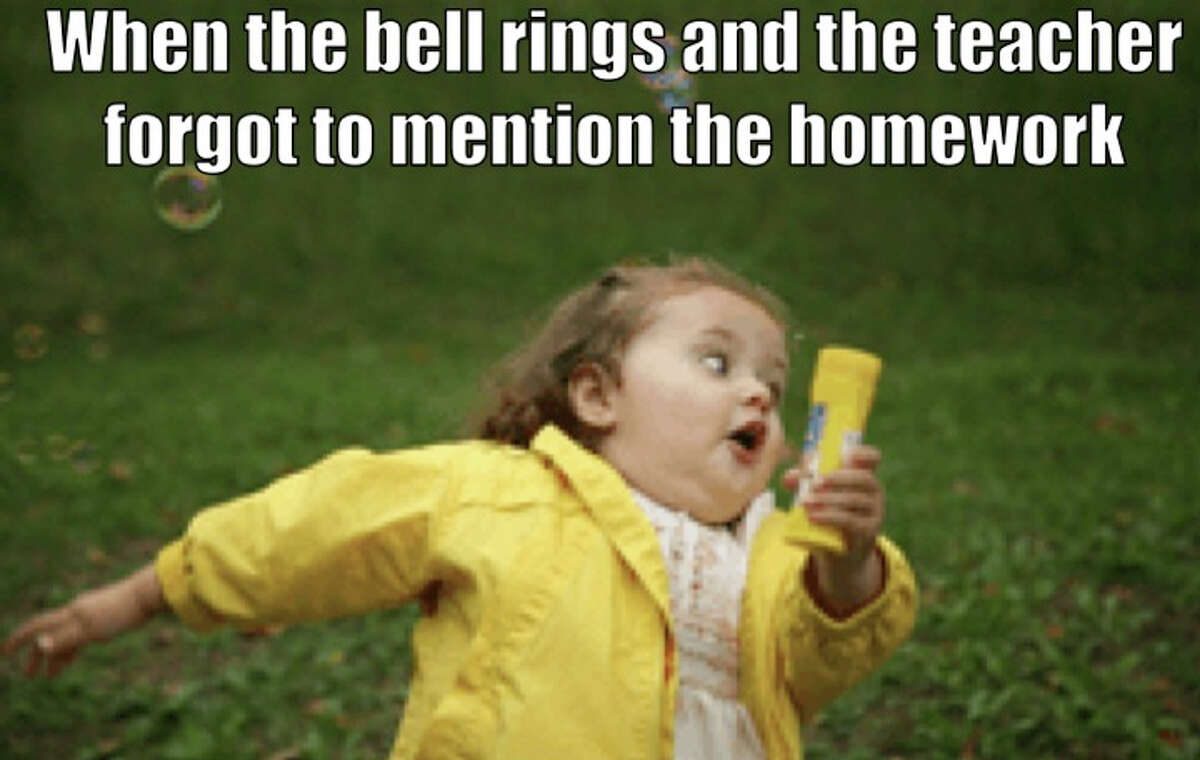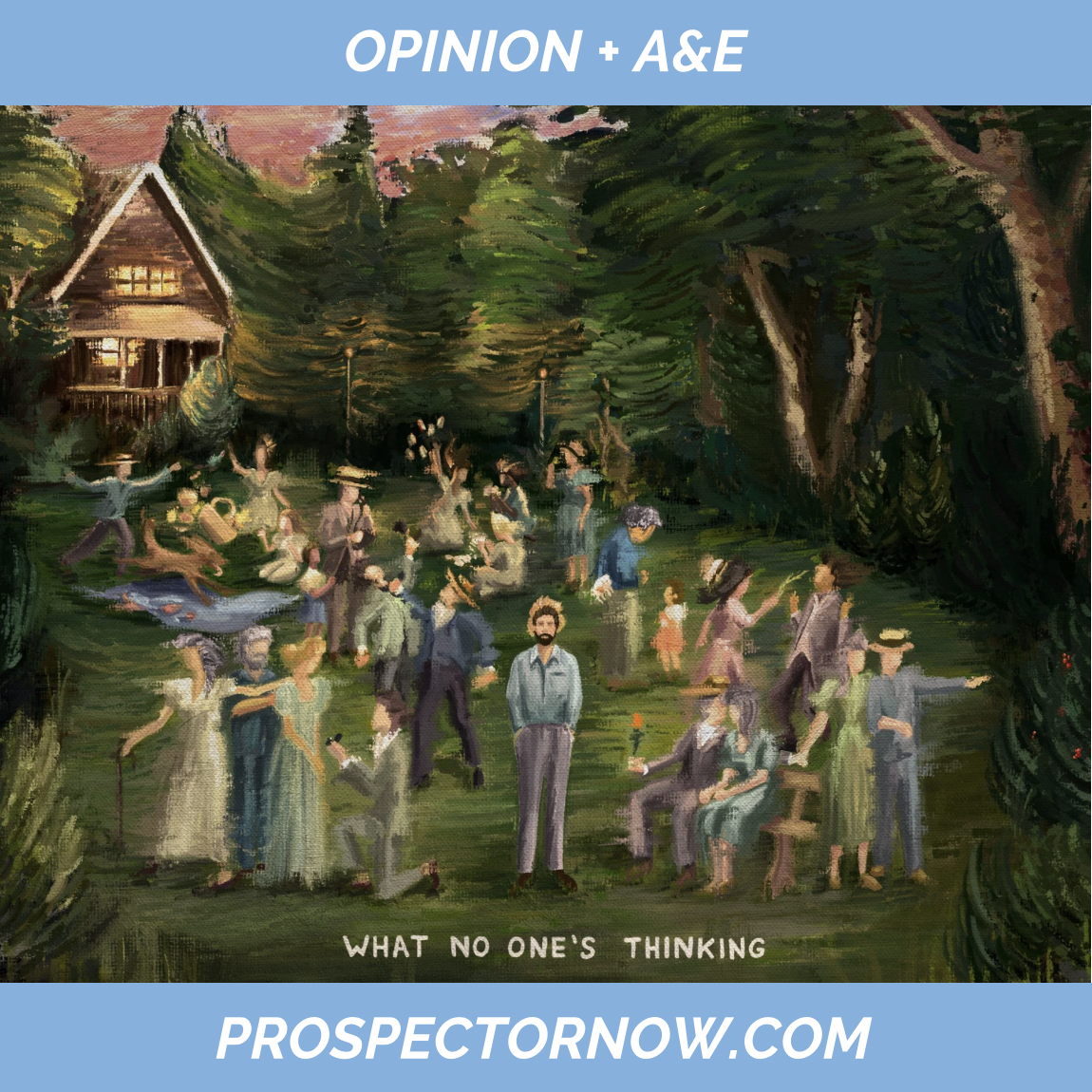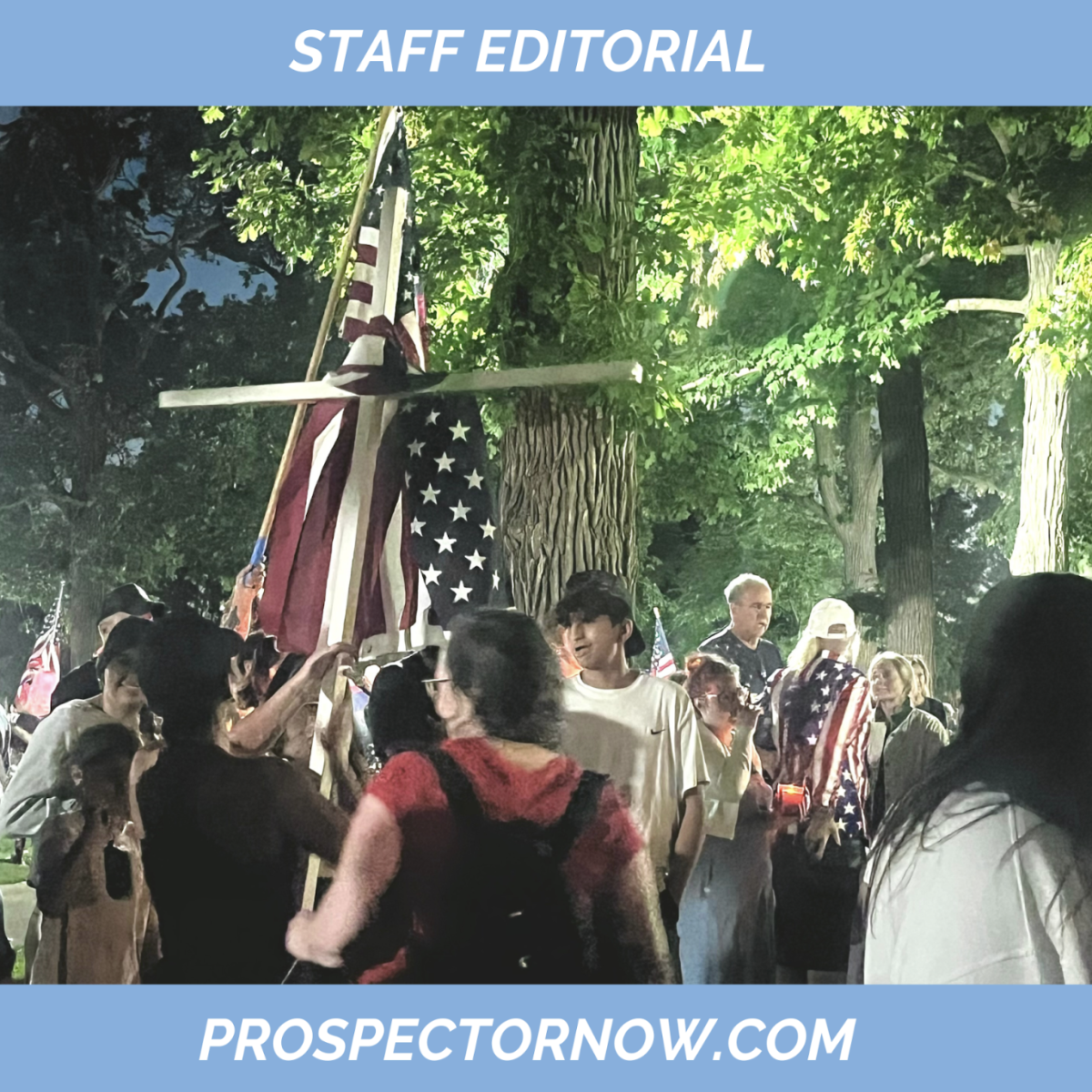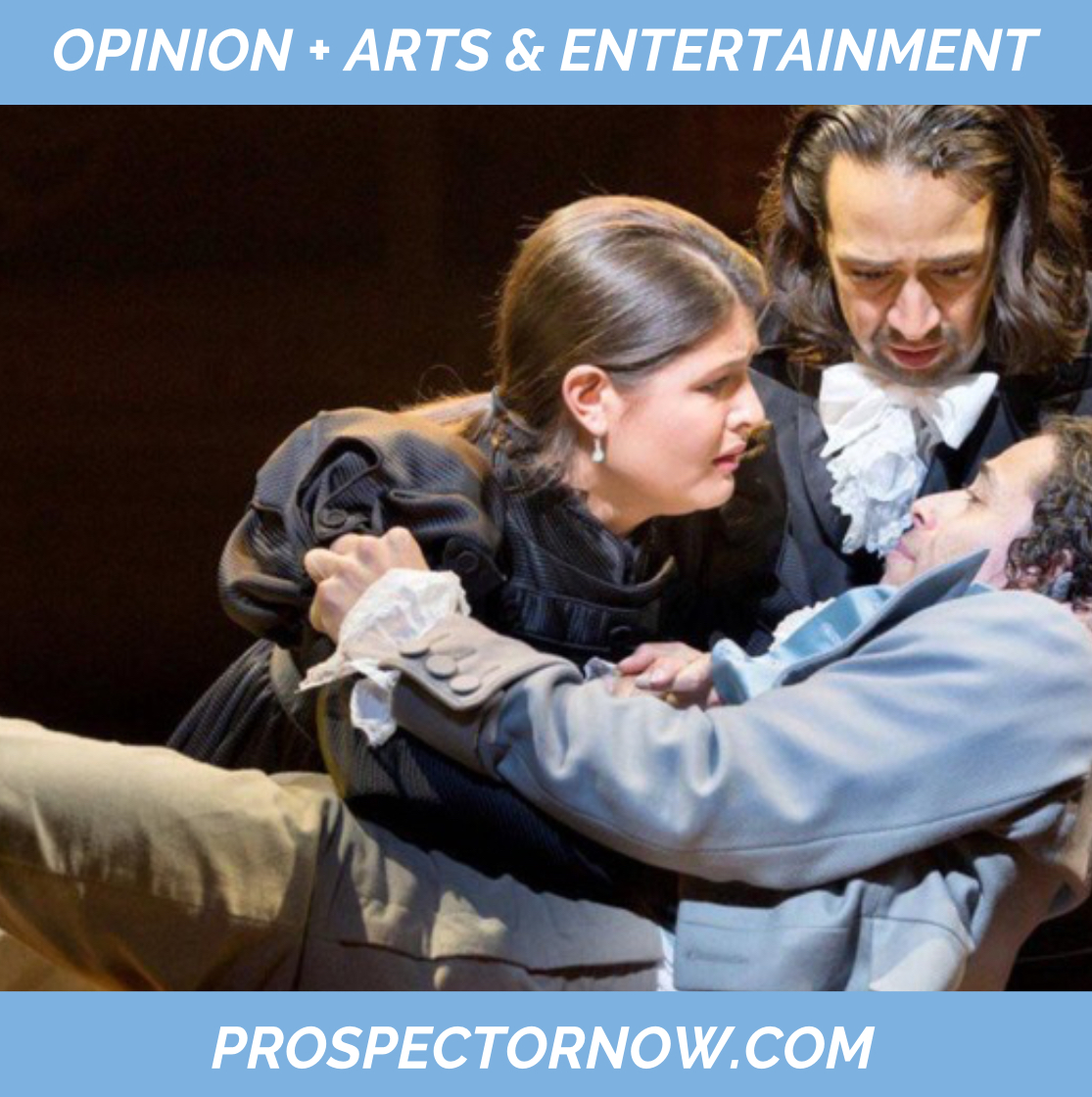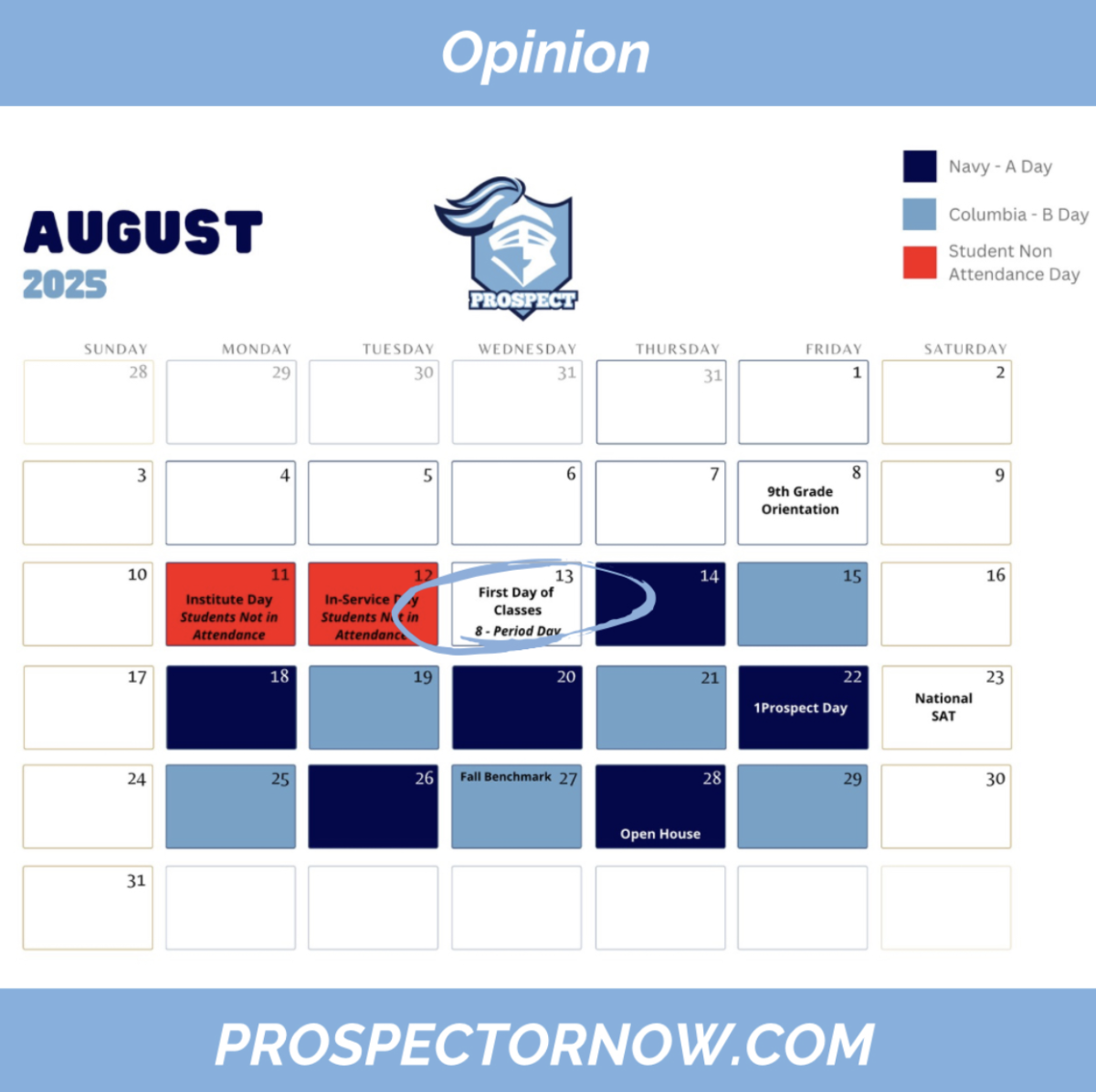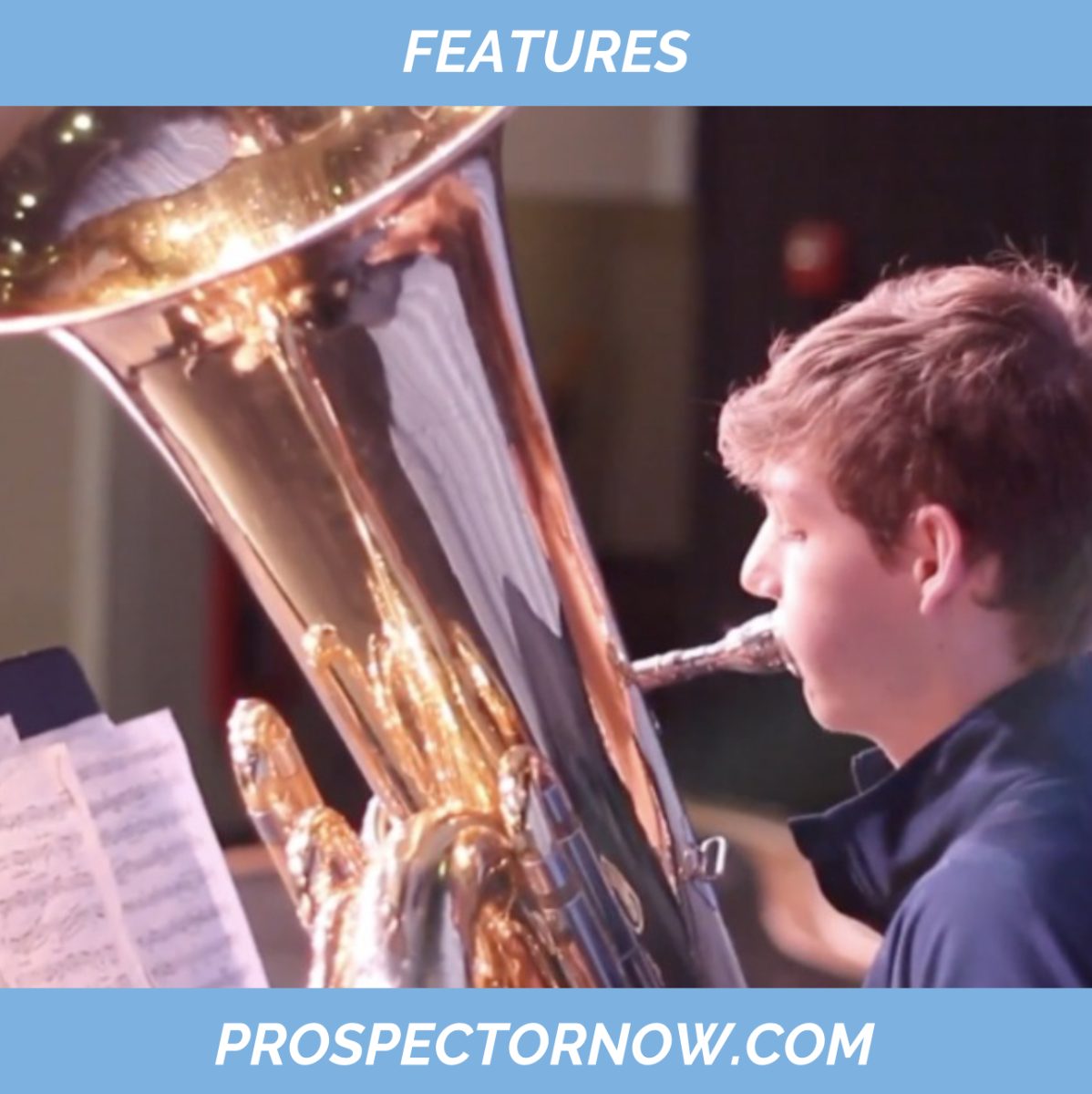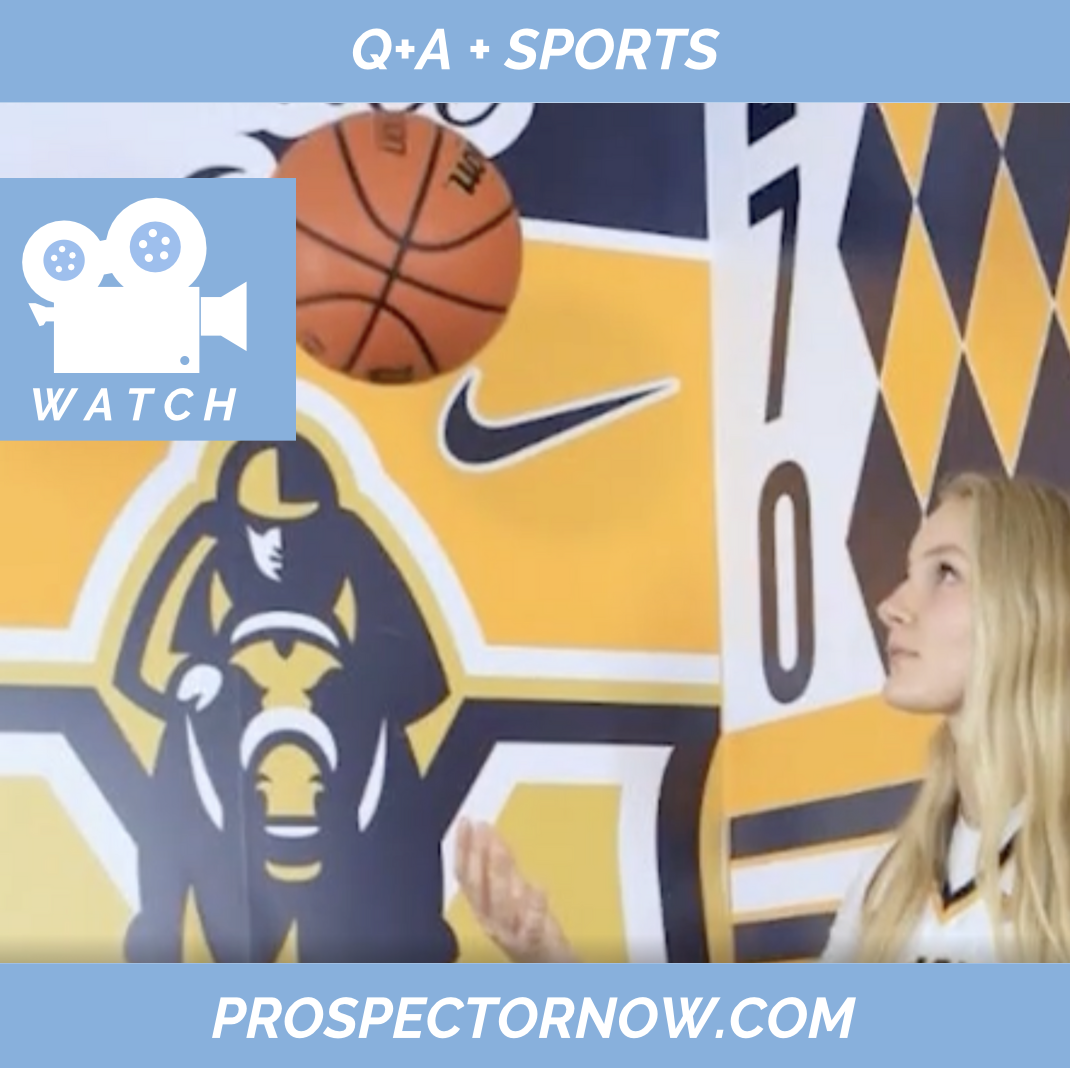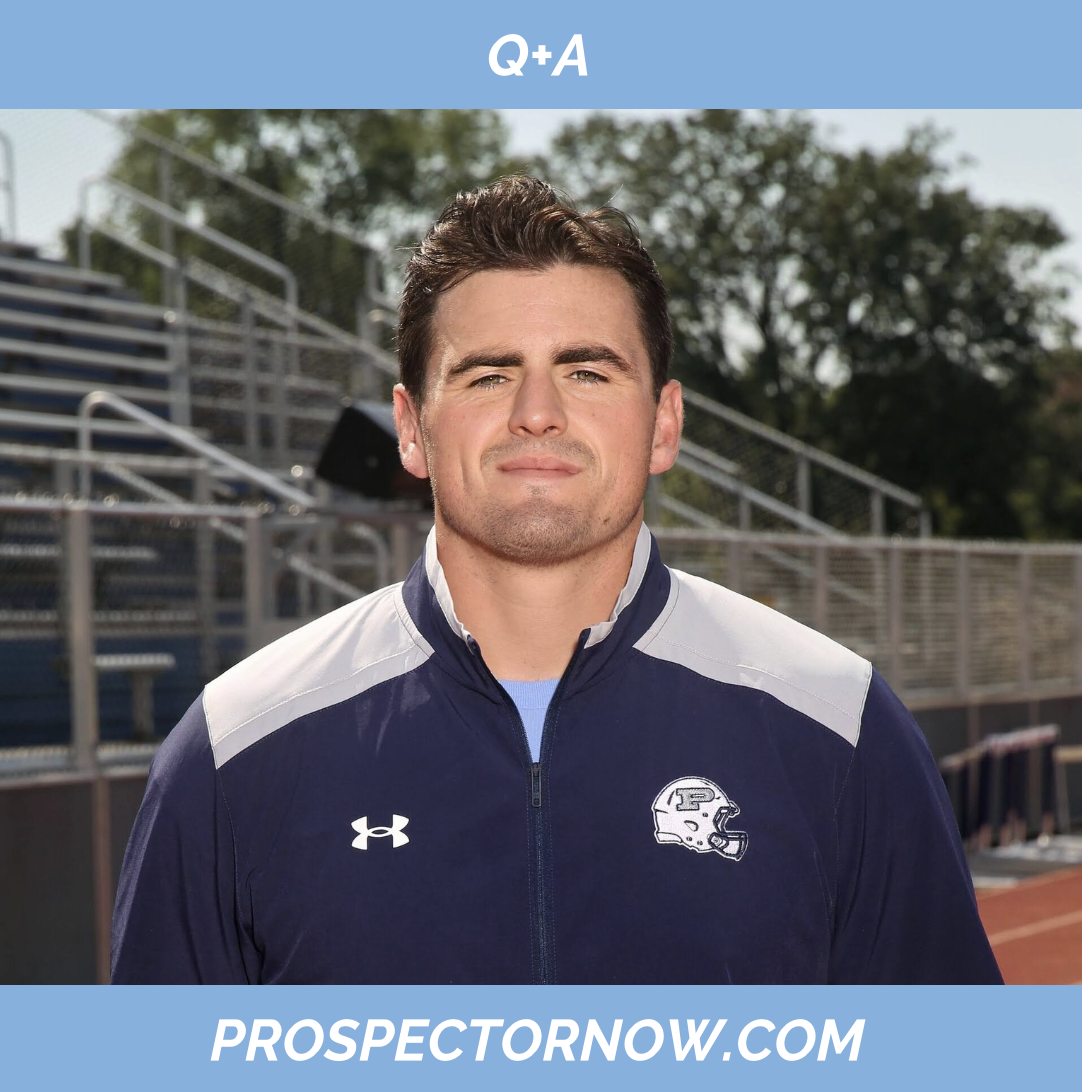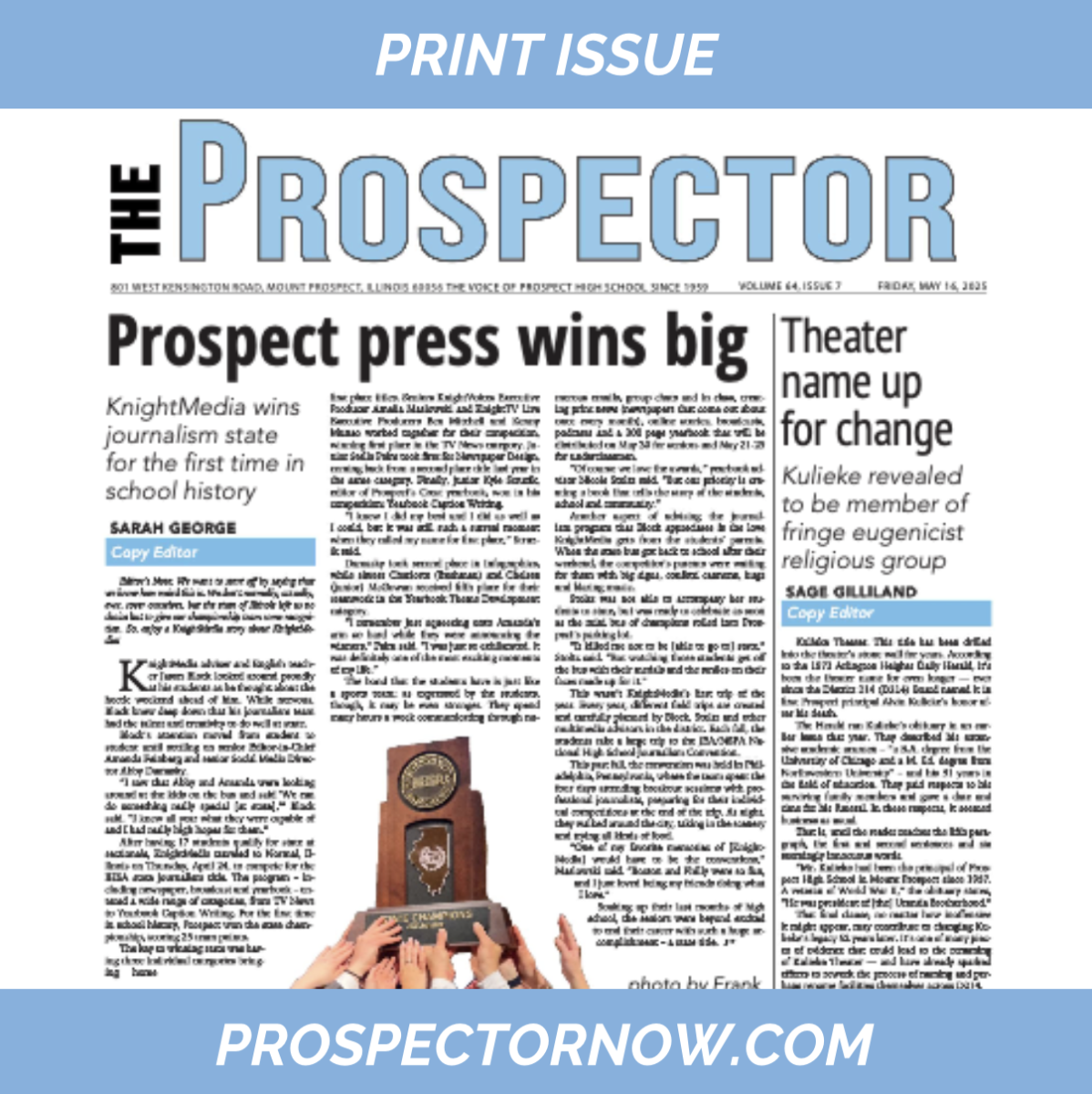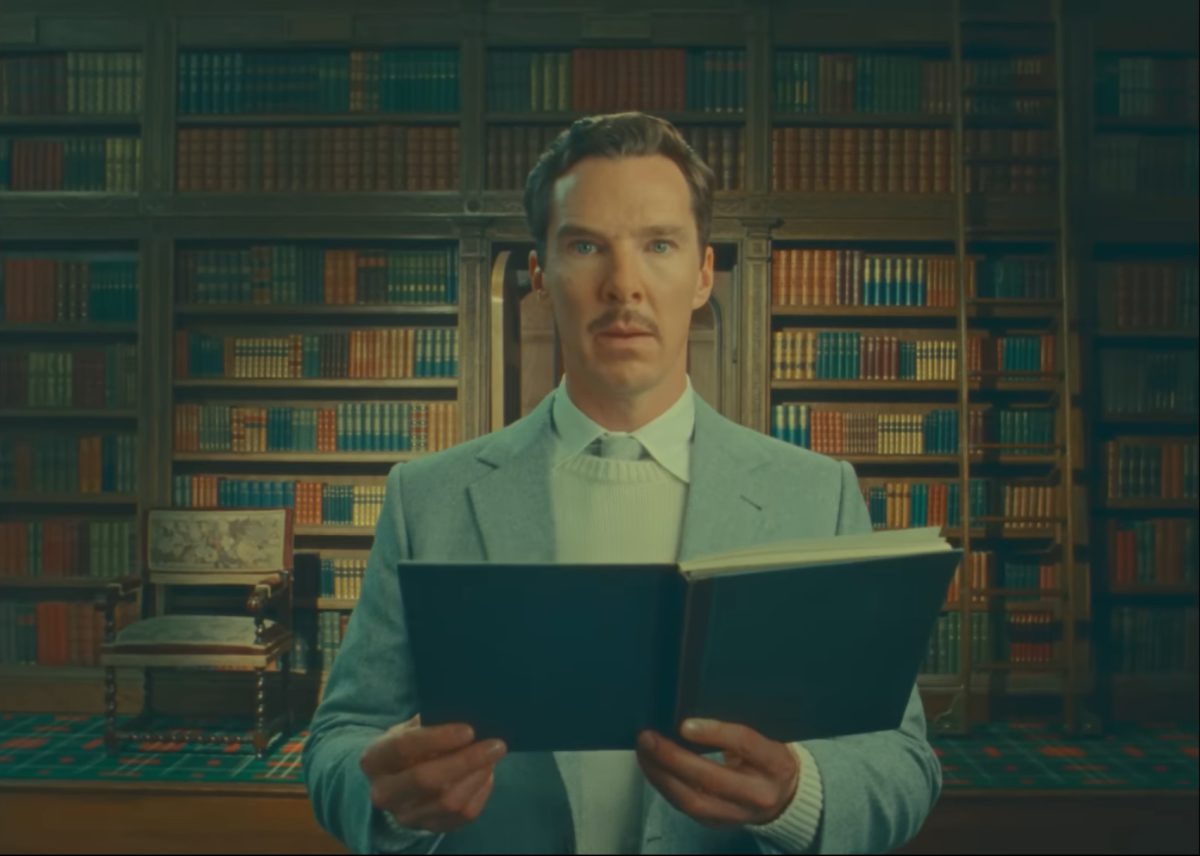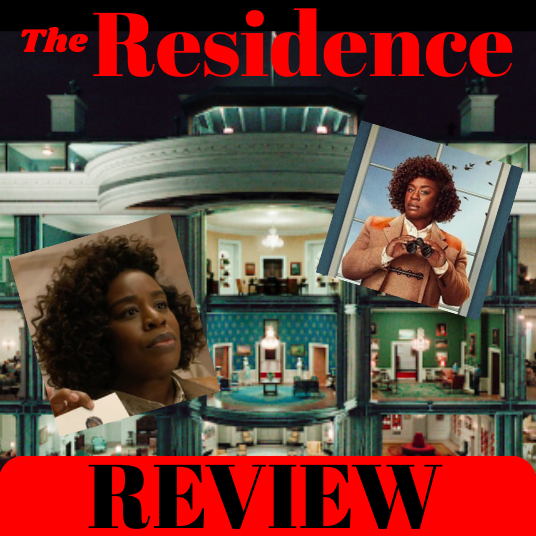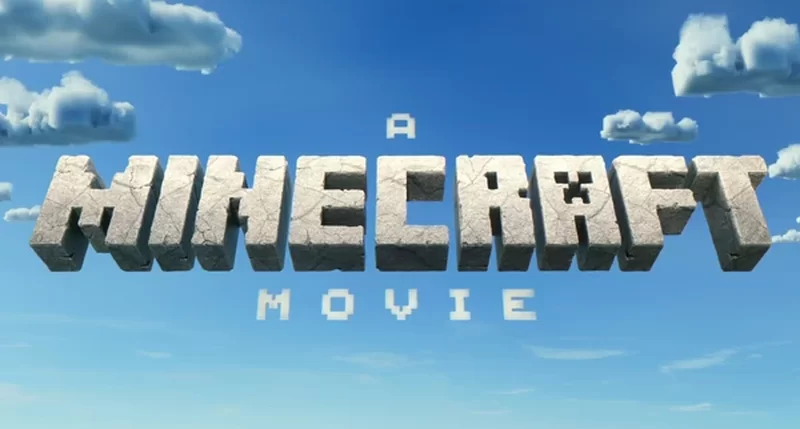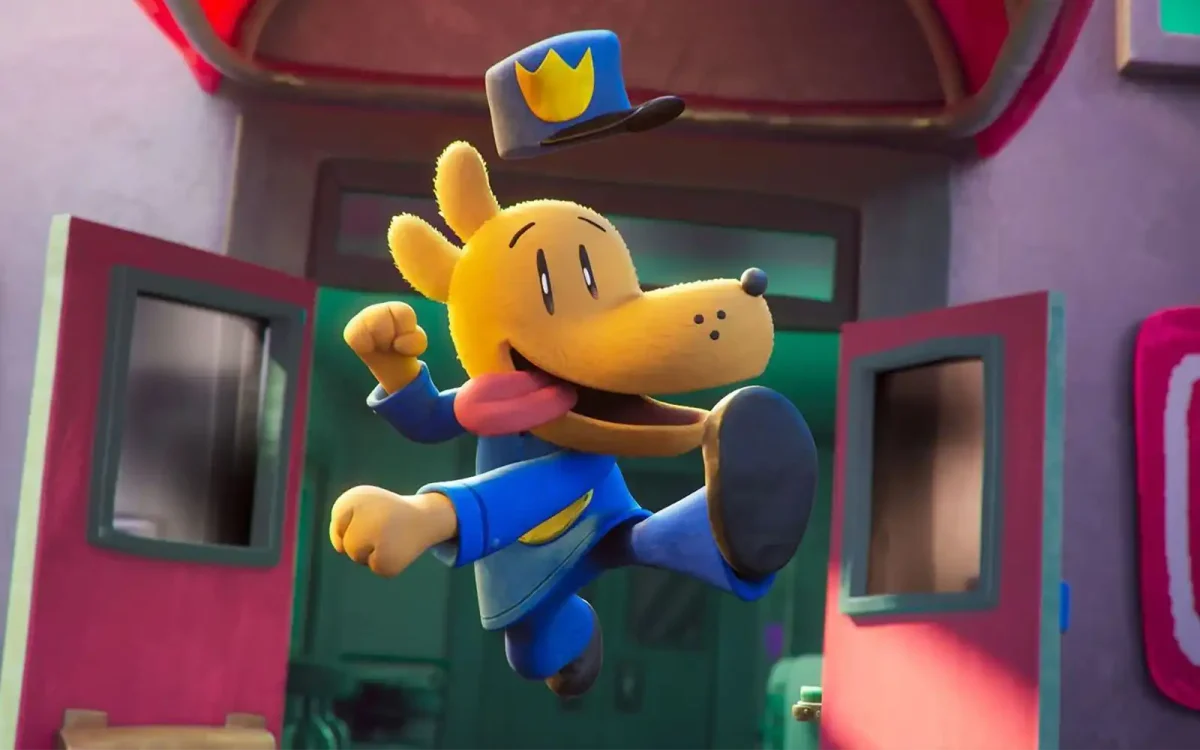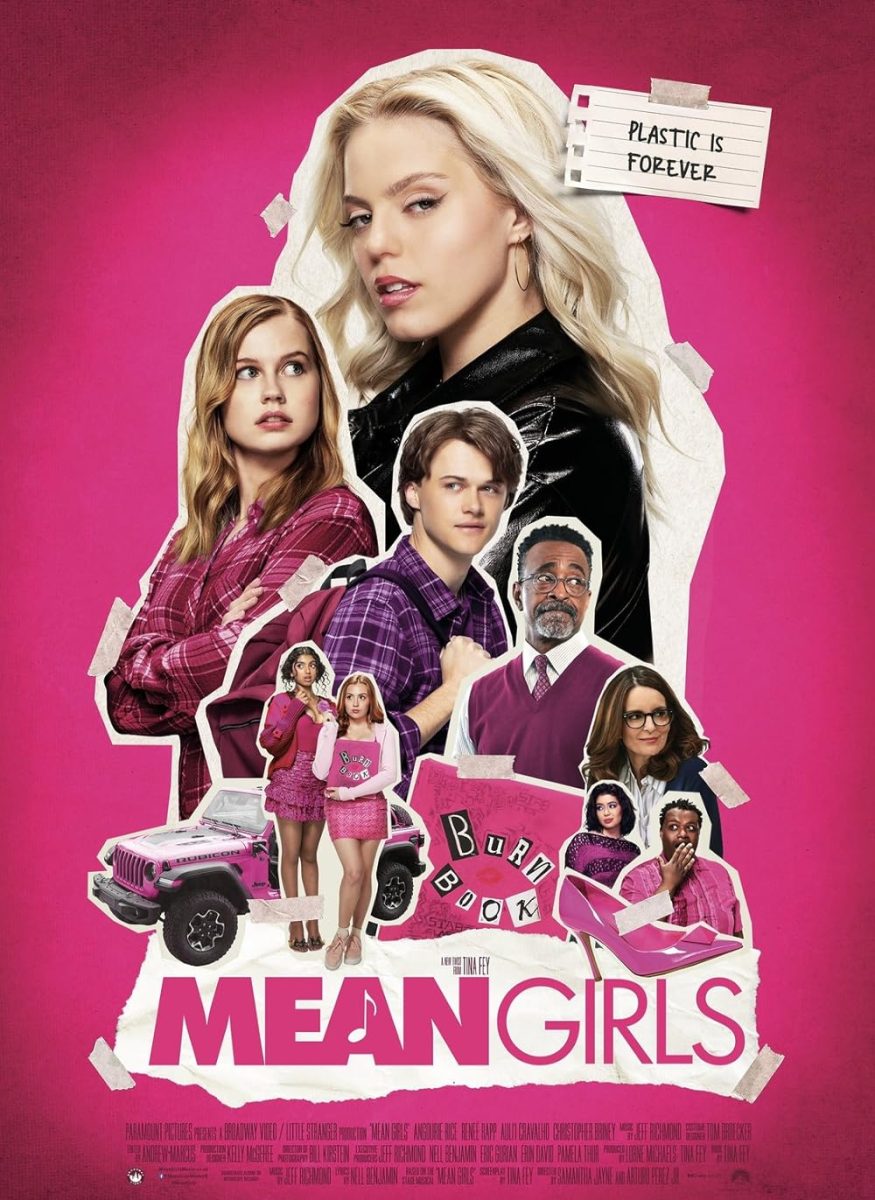Back in September of 2022, Netflix purchased the rights to childrens’ author Roald Dahl’s body of work, amid a tumultuous period of debate over his books’ content. They started making plans for adaptations immediately, this so far yielding a movie adaptation of the Matilda stage musical, as well as an animated Charlie and the Chocolate Factory series directed by Taika Waititi, set to release some time next year. More recently, however, Netflix released a short film version of his story The Wonderful Story of Henry Sugar, a story from a collection released in 1977 aimed at a slightly older audience than Dahl’s other affairs.
Anderson had been interested in adapting this story in particular for a long time, but struggled with carrying Dahl’s written voice over to his film. To him, the story could only be done justice if Dahl’s voice was allowed to show through. He finally had it when he decided to not only use the plot and dialogue from the book (most of the dialogue is lifted almost verbatim from the book) but to also take the prose text from the book and turn it into dialogue, with each character narrating to the audience their own actions. It works very well, and along with certain tongue-in-cheek, fourth-wall-acknowledging bits involving effects and setpieces. It makes the film feel a lot like a play, a concept Anderson has flirted with in more esoteric ways in the past.
The film is bookended by Roald Dahl himself, played by Ralph Fiennes, in his “writing hut” (something Dahl actually had at his home in Great Missenden, Buckinghamshire), sharing how he supposedly came into contact with this “true” story. The film then does the Wes Anderson nesting thing that has become almost a staple of his movies, where there are multiple stories being told unto one another in the movie. Notable examples of this from his filmography include: The Grand Budapest Hotel, and to a slightly different and lesser extent, The French Dispatch and Asteroid City, his most recent feature-length movie before Henry Sugar. The nesting in particular involves the titular Henry finding a book detailing the discoveries of a doctor in Calcutta, who has become enamored with a mysterious circus performer who can see with his eyes shut and bound with bandages. A part of the movie then descends from there into a story told by the man of how he got his abilities.
As usual for Anderson, this movie is pretty nice-looking overall, although nothing as calculated or amazing as what has come before. Roald Dahl’s voice and style of storytelling work go very nicely with Anderson’s filmic style, which makes sense, given that Anderson adapted Dahl’s story The Fantastic Mr. Fox into a stop-motion movie in 2009 and seems to be a fan of Dahl. The first-person narration gives the movie an exhilarating quality (as exhilarating as a 41-minute Wes Anderson film can be), and immediately draws you into the current story. The best example of this is the sequence where the mysterious circus performer navigates out of the hospital while blind, with doctors in toe narrating the event.
Given its short length, it’s difficult to put into words anything outstandingly good or bad about this film. If I had to give it one criticism, it would be that the part of the story where Henry uses the information he’s learned to set up orphanages and hospitals is a little rushed. Most of the film itself is taken up by the story of the circus performer, and I wish a little more time was taken to actually show Henry doing good with what he learned, instead of telling it all basically through narration.
The Wonderful Story of Henry Sugar is a tight appetizer for Wes Anderson fans, though it may leave you a little hungry for his longer, more fleshed out works.























